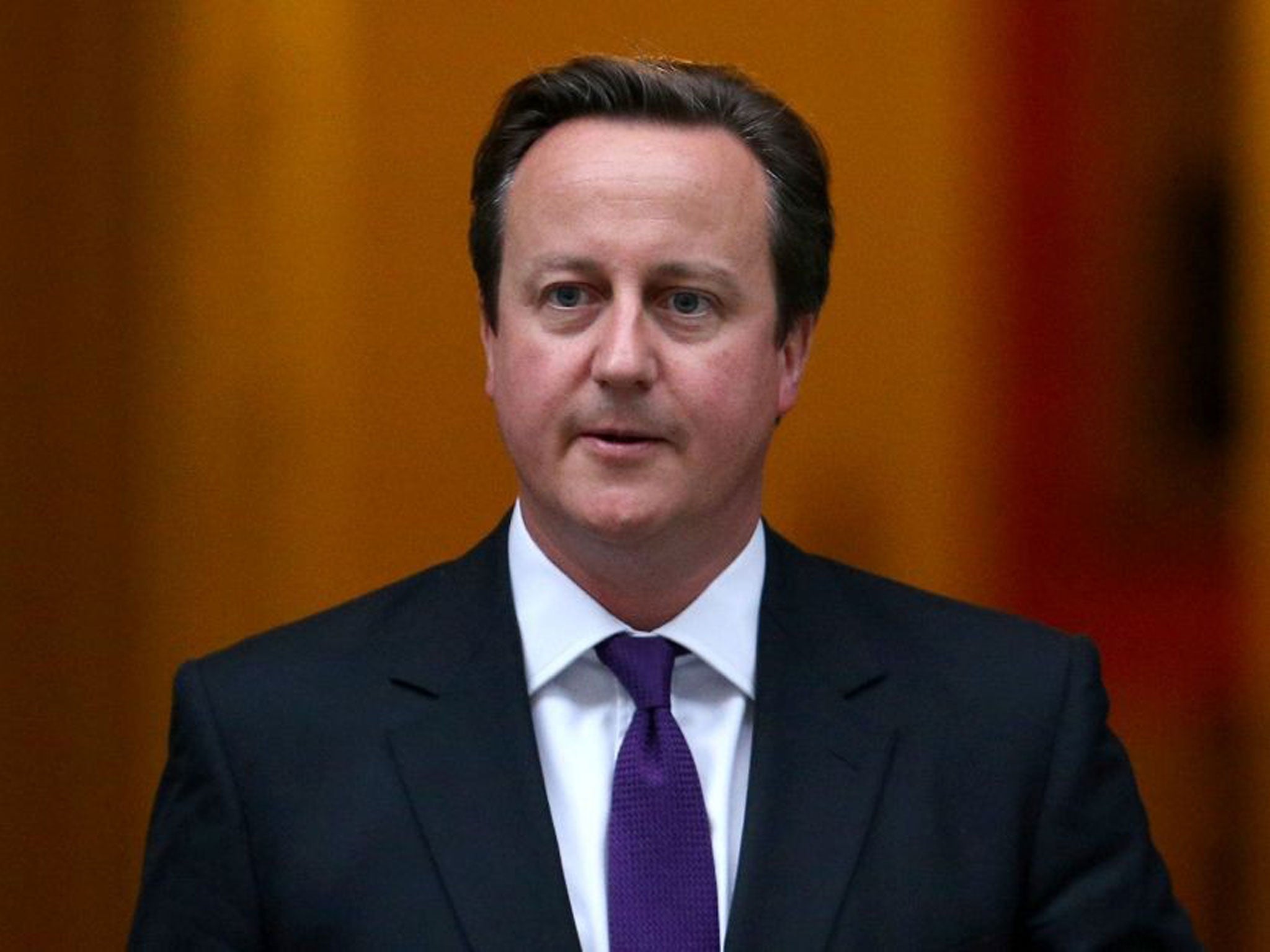Ukraine crisis: David Cameron joins Angela Merkel in expressing anxiety and warns that ‘the world is watching’

Britain was at the forefront of the diplomatic response to Russia’s actions in Ukraine on Saturday, as Western leaders scrambled to react to Vladimir Putin’s decisive manoeuvres.
On Saturday night, the United Nations Security Council convened its second meeting in 24 hours over the crisis in Ukraine, at the behest of the UK. The Prime Minister, David Cameron, urged both sides not to “escalate tensions” and added: “The world is watching.”
The Foreign Secretary, William Hague, who is set to visit Kiev to meet the country’s interim government, said that the UK condemned “any act of aggression” against the country.
“I am deeply concerned at the escalation of tensions in Ukraine, and the decision of the Russian parliament to authorise military action on Ukrainian soil against the wishes of the government. This action is a potentially grave threat to the sovereignty, independence and territorial integrity of Ukraine,” he said.
In Berlin, the German Chancellor, Angela Merkel, also stressed the importance of “preserving the territorial integrity” of Ukraine. “What is happening in Crimea worries us.”
On a day of frenetic diplomatic activity, Mr Hague spoke to the Russian foreign minister, Sergei Lavrov, to “urge steps to calm this dangerous situation”. He also highlighted Britain’s support of the new Ukraine government’s request for discussions around the 1994 Budapest Memorandum signed by the UK, US, Russia and Ukraine promising to uphold Ukraine’s territorial integrity.
The Russian ambassador to the UK was called to the Foreign Office in order to hear Britain’s concerns over developments.
Mr Hague also spoke with the German foreign minister, Frank-Walter Steinmeier, both agreeing on the “need for international diplomatic action to address the crisis”. An emergency meeting of the EU Foreign Affairs Council in Brussels is also set for tomorrow.
A Kremlin spokesman insisted that Moscow hoped there would be “no further escalation” of events in Ukraine.
British MPs with expertise in foreign affairs called for strong diplomatic action against Russia, particularly following Moscow’s dismissive response to Friday’s UN Security Council meeting, in which Ukraine accused it of moving troops into Crimea.
Dr Liam Fox, a former defence secretary and former shadow foreign secretary, said: “Western powers must make clear to Putin that sovereign nations have a right to exercise self-determination without interference.”
Sir Menzies Campbell, a Liberal Democrat member of the Foreign Affairs Committee, said: “Mr Putin is simply taking advantage of what would be a reluctance on the part of the EU or Nato or particularly the US to take any other action than seeking to persuade him to pull back.
“Those who talk about sanctions should understand that it would be unlikely that there would be agreement among the EU for such a course of action... The harsh truth is that this is a dilemma for the West which is not going to be easily resolved.”
Lord Ashcroft, the former deputy chairman of the Conservative Party, tweeted: “The reality is that if our Prime Minister ‘warned’ Putin over his actions in Ukraine, Putin could well have a fit of giggles..#realpolitick.”
Subscribe to Independent Premium to bookmark this article
Want to bookmark your favourite articles and stories to read or reference later? Start your Independent Premium subscription today.

Join our commenting forum
Join thought-provoking conversations, follow other Independent readers and see their replies